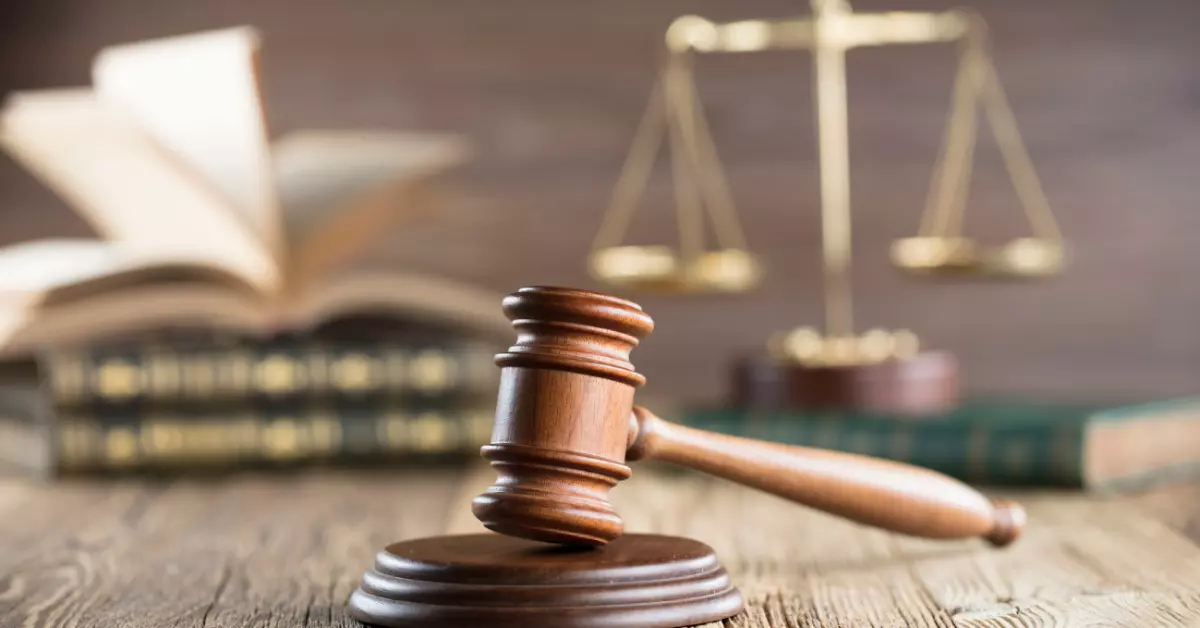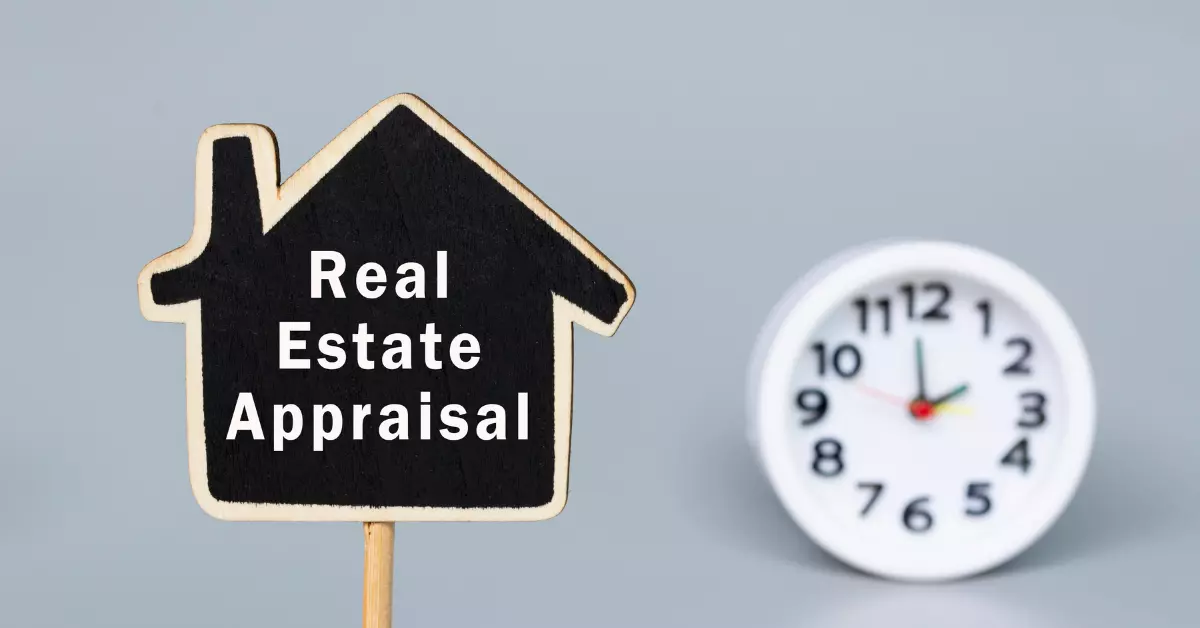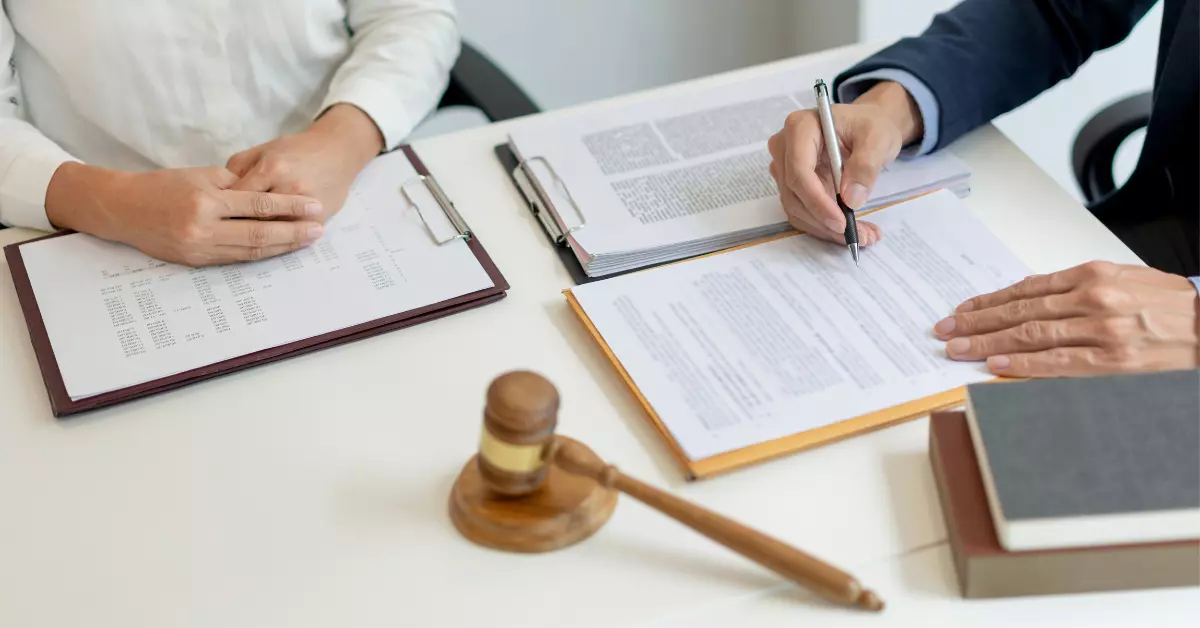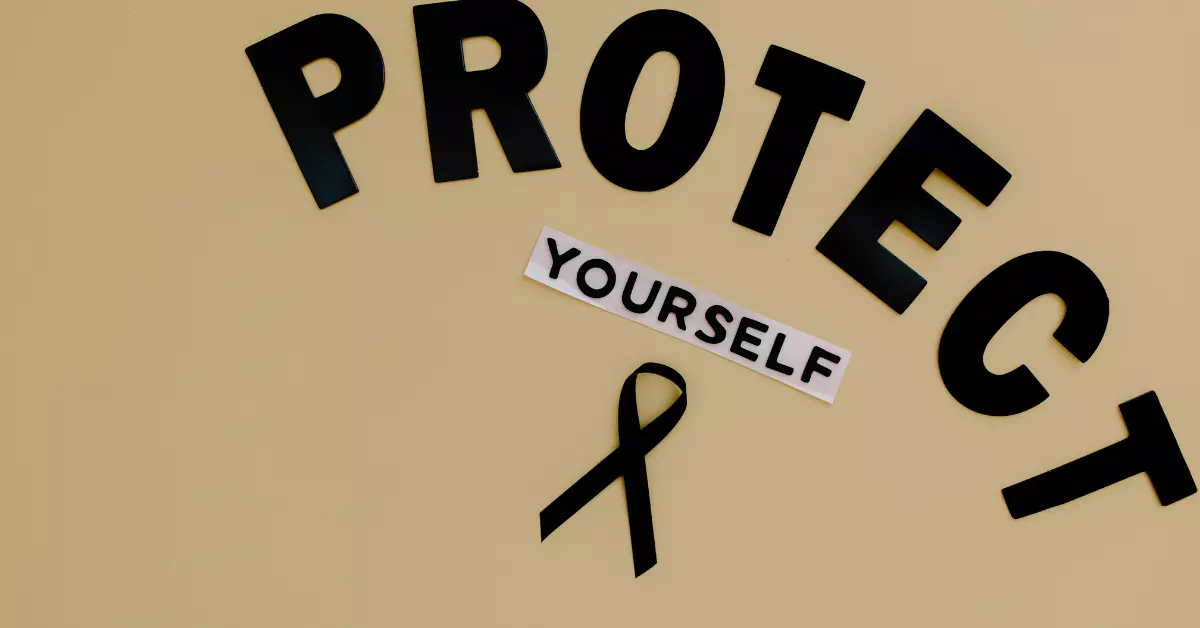What Does Primary Tenant Mean? – Rental Awareness
A primary tenant refers to the person or entity that enters into the lease agreement with the landlord and holds the primary responsibility for rent payments and proper maintenance of the property.
In simple terms, the primary tenant is the main tenant who has signed the lease agreement and is responsible for paying rent on time and following the terms and conditions of the lease.
Factors such as credit checks, security deposits, and rental history may also come into play when leasing with a primary tenant.
Let’s take a closer look at what primary tenancy entails and how it affects both tenants and landlords alike.

What Is A Primary Tenant?
Understanding Primary Tenant And Its Role In Leasing Agreements
When it comes to renting a property, tenants are usually required to sign a leasing agreement. In this agreement, the “primary tenant” is a term that refers to the person who is primarily responsible for the rental property.
Here are some key points to understanding primary tenant and its role in leasing agreements:
- The primary tenant is the person who signs the leasing agreement with the landlord or the property manager. When there are multiple people living on the property, only one person can be the primary tenant.
- In most cases, the primary tenant is also responsible for paying the rent and utility bills, as well as ensuring the property is kept clean and free from damages.
- Being the primary tenant also means that they are liable for any damages caused to the property by themselves or their guests.
- If the primary tenant decides to move out before the leasing agreement ends, they are still responsible for fulfilling all terms and conditions of the lease, including paying rent until the end of the lease term.
The Importance Of Understanding Primary Tenants
Before signing any leasing agreement, it is crucial to understand the role and responsibilities of the primary tenant. Here are some important points to consider:
- Make sure that the primary tenant understands the leasing agreement thoroughly before signing it. It is recommended to read all the terms and conditions carefully and seek legal advice if necessary.
- If there are multiple occupants in the rental property, it is recommended to clearly state in the leasing agreement who the primary tenant is. This will avoid confusion and disputes later on.
- It is important to discuss the responsibilities of the primary tenant with the co-tenants so that everyone has a clear understanding of their roles within the rental property.
What Does Primary Tenant Mean?
Defining Primary Tenant And Its Legal Implications
A primary tenant is an individual or entity that signs a lease agreement with a landlord on a rental property or any other commercial space.
This person is responsible for paying rent and adhering to all the rules and regulations laid down in the contract.
A primary tenant assumes full responsibility for any damages caused during the tenancy period and other legal obligations.
The primary tenant has several legal implications, such as:
- The landlord must ensure that the rental unit is well maintained to uphold the tenant’s living standards.
- The tenant has the right to sue the landlord if their rights have been violated, or they feel they have been treated unfairly.
- If the primary tenant breaches the lease agreement, the landlord can take legal action to evict them, or sue them for damages or unpaid rent.

How Primary Tenant Differs From Secondary Tenant And Guarantor
A secondary tenant is an individual who rents a property from the primary tenant under a sublease agreement.
Unlike the primary tenant, a secondary tenant has no formal agreement with the landlord. Therefore, they are not liable to the landlord for any rent arrears or other contractual obligations.
A guarantor is a third-party individual who assumes responsibility for rent payments and damages in case the primary tenant defaults on the rent or breaches the lease agreement.
However, guarantors are not tenants; therefore, they have no right under the lease agreement and cannot be evicted by the landlord.
The primary tenant is legally responsible for adhering to all the terms of the lease agreement and may be held liable for damages or unpaid rent.
On the other hand, secondary tenants are not legally bound to the landlord, while guarantors offer financial security to the landlord in case of default by the primary tenant.
Factors That Determine Primary Tenant
Landlords typically select a primary tenant based on various factors. They’re looking to rent out their property to a tenant who can pay on time, maintain the property, and won’t cause any trouble.
Below are some of the factors considered:
Credit ratings
The credit rating of a tenant is one of the most important factors landlords consider when choosing a primary tenant. This rating shows landlords if the tenant has a history of paying bills on time or not.
Personal background and business history
Landlords also consider the personal background of the tenant. This includes their past rental history, employment history, and criminal history.
They also consider the tenant’s business history if they’re planning to use the property for a business.
Factors That Landlords Consider When Selecting Primary Tenants
Landlords have a lot at stake when selecting a primary tenant. Consideration of factors helps ensure that they choose the right tenant. Here are some of the factors landlords consider when selecting a primary tenant:

Income stability
Landlords look for tenants who have a stable source of income and can sustainably afford to pay rent. This is why landlords often require proof of income or employment.
Rental history
Landlords also look at a tenant’s rental history, especially if they’ve rented before. They evaluate if the tenant:
- Paid rent on time.
- Cared for the property.
- Abided by the lease agreement.
Referrals
A tenant with good referrals is more likely to be selected as a primary tenant. Referrals from previous landlords or employers can show that the tenant is responsible and reliable.
Background checks
Landlords conduct proper background checks to find out more about potential tenants, such as criminal history, eviction history, and credit scores.
How Credit Ratings Can Influence Primary Tenant Decisions
A tenant’s credit rating is an essential factor in primary tenant selection. A good credit rating shows that the tenant is financially responsible and reliable.
However, a bad credit rating can cause landlords to shy away from a potential tenant. Here are some other ways credit ratings can influence primary tenant decisions:
Security deposit
Landlords may require a higher security deposit from tenants with poor credit ratings. This is because there’s a higher risk of defaulting on rent.
Rental rates
A tenant’s credit rating can also affect the rental rates. Landlords may charge higher rent rates if a tenant has a bad credit rating.
Rental agreement
A tenant’s credit rating can influence the terms of the rental agreement. A poor credit rating may result in a shorter lease term or more restrictions.
Credit ratings can be a crucial factor in a tenant being chosen as a primary tenant. A good credit rating is an advantage for renters, while bad credit can make it hard to secure a lease agreement.
The Role Of Personal Background And Business History In Choosing Primary Tenant
Landlords aren’t just interested in the tenant’s financial standing, but also their personal and business background. Personal background and business history play a significant role in primary tenant selection.
Here’s how landlords consider personal background and business history during primary tenant selection:
Rental history
Past rental history is essential. Landlords are interested in knowing if tenants have handled previous rentals appropriately and if they kept to the lease agreement.
Employment history
A tenant’s employment history can show consistent income and employment stability. Landlords can verify employment during the tenant screening process.
Criminal history
Landlords may run background checks on potential tenants. Previous criminal convictions can cause a potential tenant to be disqualified.
Business History
If the tenant will be using the rental space for business, the landlord will examine the tenant’s business history. Landlords are interested in knowing if the tenant has a positive cash flow and can sustainably manage the business.
Personal background and business history are essential in selecting a primary tenant. A good personal background and business history can give a tenant an advantage over other applicants.
Legal Rights And Obligations Of Primary Tenants
When it comes to renting a property, the primary tenant holds the most significant legal rights and obligations in the tenant-landlord relationship.
As a primary tenant, you are the individual who signs the lease agreement with the landlord, and the law expects you to abide by specific responsibilities and duties.
It is essential to understand what these obligations are to find a way to maintain a good rapport with the landlord and ensure that you remain a good tenant. Here are the main responsibilities of a primary tenant:

Paying rent
The primary tenant has the responsibility of paying rent on time, which is the most crucial obligation.
Rent is generally due on a particular date every month, and you are expected to adhere to that by sending payment via the designated means.
Keeping the apartment clean
You are responsible for keeping the apartment clean and in good condition throughout your tenancy period. You should also ensure that you do not cause any damage to the property.
Reporting maintenance issues
It is your responsibility to report any necessary repairs or maintenance issues to the landlord promptly.
The landlord cannot be held responsible for fixing problems unless you let them know that something is wrong.
Respecting the rights of other tenants
You also have a duty to respect the rights of other tenants in the building. You should avoid making excessive noise, leaving messes in communal areas, or engaging in any other activities that could be considered a nuisance to other residents.
Legal Rights And Obligations Of Primary Tenant
Apart from the above responsibilities, the primary tenant also has certain legal rights and obligations that must be upheld to maintain a good tenant-landlord relationship. Here are some of the critical legal rights and obligations of a primary tenant:
Right to quiet enjoyment
As a primary tenant, you have a legal right to quiet enjoyment of your apartment. This means that the landlord cannot disturb you by entering your apartment without giving proper notice or interfering with your peaceful possession of the property.
Security deposit
When the primary tenant moves into the apartment, it is customary to pay a security deposit to the landlord that is refundable at the end of the lease.
The security deposit acts as collateral and serves to protect the landlord in case of any damage to the property by tenants.
Lease agreement
The primary tenant has a legal obligation to sign a lease agreement outlining the terms and conditions of the tenancy.
This agreement outlines the rent payment schedule, the length of the tenancy, and other essential details such as occupancy rules and termination clauses.
Legal action
In case of any disputes with the landlord, the primary tenant has a right to take legal action through the court system.
You can file a lawsuit if the landlord is not abiding by their legal obligations, and the court will hear your case.
As a primary tenant, it is vital to understand both your responsibilities and legal rights. Adhering to these obligations while maintaining a good tenant-landlord relationship can help ensure that your tenancy is pleasant and stress-free.
Rights Of A Primary Tenant

The Legal Rights That Primary Tenant Has In A Lease Agreement
A primary tenant is an individual who signed a lease agreement with the landlord, giving them the rights to occupy and live in the rental property.
In turn, the primary tenant has certain legal rights that protect them throughout the rental period.
Here are some of the key rights that primary tenants have in a lease agreement:
Right to quiet enjoyment
Primary tenants have the right to peaceful and quiet enjoyment of the rental property. That means the landlord cannot disturb the tenant’s peace, privacy or use of the property.
Right to safety and security
The landlord has an obligation to provide a safe and secure living environment for the primary tenant. This includes ensuring the property meets safety standards such as fire codes and secure locks on entrance doors.
Right to notification
A primary tenant must receive adequate and timely notification of any changes to the lease, property or tenancy.
For instance, if the landlord plans to undertake property maintenance on the premises, they are obligated to notify the tenant ahead of time.
Right to privacy
As long as the primary tenant is upholding their lease agreement obligations, they have a right to privacy in their living space.
The landlord must provide notice before entering the property, and only under reasonable circumstances.
How do Primary Tenant Rights Differ From Those Of Secondary Tenant And Guarantors?
Although the primary tenant, secondary tenant, and guarantor are all involved in the lease agreement, their rights differ. Here’s an overview of the differences:
- A primary tenant is a person who signed the lease agreement with the landlord, giving them the legal right to occupy the property.
- A secondary tenant, on the other hand, is someone who lives with the primary tenant but is not on the lease. They do not have rights under the lease agreement, though some rights, such as those granted by local laws, may apply.
- A guarantor is a person who provides assurance that the primary tenant will fulfill their lease agreement obligations. They may also be liable for any damages or unpaid rent if the primary tenant fails to follow these obligations.
Obligations Of A Primary Tenant
As a primary tenant, you have specific obligations that you must fulfill to ensure a smooth rental experience for both yourself and your landlord.
Failing to meet these responsibilities can result in consequences that can negatively affect your tenancy.
The Responsibilities That Come With Being A Primary Tenant
Being a primary tenant comes with a set of responsibilities that you must take seriously. Here are some key points to keep in mind:
Ensure that you pay rent on time
Paying rent on time is one of your primary responsibilities as a tenant. Delaying or missing rent payments can lead to late fees and, in severe cases, eviction.
Report any issues with the property
As a primary tenant, you are responsible for informing the landlord of any issues with the property, such as damages or repairs needed. Failing to do so can result in further damages, which could put your security deposit at risk.
Keep the property in good condition
It is your responsibility as a primary tenant to keep the rental property in good condition. This includes cleaning regularly, maintaining the property, and avoiding any alterations or damages to the property.
Abide by the terms of the lease agreement
As a primary tenant, you agreed to the terms of the lease agreement with your landlord. It is your responsibility to abide by these terms, which include following all the outlined rules and restrictions.
Understanding The Consequences Of Not Fulfilling Primary Tenant Obligations
Failing to meet your obligations as a primary tenant can result in serious consequences that could harm your tenancy. Here are some things to keep in mind:
- Late rental payment fees: Frequent late rental payments can result in heavy fees, which could harm your financial stability.
- Eviction: Persistent failure to meet your obligations as a primary tenant, such as paying rent or damaging the property, could result in termination of the lease.
- Loss of security deposit: Your security deposit could be affected negatively by failing to report damages or keeping the property in good condition.
How To Protect Yourself As A Primary Tenant
As the primary tenant, you bear the most responsibility in a rental agreement. Therefore, it’s important to take proactive measures to safeguard your interests. Here are some ways to protect yourself as a primary tenant.

Proactive Measures To Safeguard Your Interests As A Primary Tenant
Always get everything in writing
Verbal agreements are difficult to enforce in court. Always get everything—terms, conditions, and expectations—in writing.
Thoroughly examine the lease agreement
Before signing any lease agreement, you should read it carefully. Make sure that you understand the clauses, such as notice periods, required repairs, security deposits, and other responsibilities that come with being a primary tenant.
Be aware of the rental market
It is important that you understand the rental market in the area where you live. Doing so will help you know if your rental prices are fair.
Keep track of all your documentation
Keep all documents of your rental agreement, including emails and texts with your landlord, in a secure and organized place.
Report problems in a timely manner
In case of any damage or repairs needed, it is important to report them promptly to avoid being held responsible for damages caused by delayed reporting.
Maintain cordial relations with your landlord
In case of any disagreement or dispute, maintaining cordial and respectful relations with your landlord can help resolve the issue amicably or even avoid the dispute altogether.
Purchase renters insurance
Renters insurance is your financial security net. Make sure you have an insurance policy to protect your personal property and protect yourself against liability claims.
Always pay on time
Paying rent on time will not only avoid late fees but also establish you as a responsible tenant.
Understand your legal rights
Make sure you are aware of your legal rights as a renter, including tenant-landlord laws.
Communicate effectively
Effective communication is key to solving any issue that may arise during your tenancy, and is especially important when dealing with your landlord or rental agent.
Implementing these measures can help put your mind at ease, knowing that you have done everything you can to protect yourself as a primary tenant.
Tips And Strategies For Primary Tenants
Primary tenants refer to the renters who are directly responsible for a lease agreement with their landlord.
As primary tenants, it’s essential to know your rights and responsibilities to avoid any legal issues and protect yourself from unanticipated consequences.
Let’s discuss the tips and strategies that primary tenants can implement to protect themselves.
Best Practices
Here are some best practices that primary tenants can implement to protect themselves from any issues.
- Read the lease agreement carefully: Before signing a lease agreement, read it thoroughly and ensure that you understand all of the lease’s terms and conditions.
- Keep a copy of the lease agreement: Always keep a copy of the lease agreement with you. This will help you to resolve any issues or disputes that may arise in the future.
- Communicate with the landlord: Maintain an open line of communication with your landlord. This will help you to resolve any problem promptly.
- Pay rent on time: Make sure to pay rent on time to avoid any legal issues or late fees.
- Keep the property clean and well-maintained: It’s your responsibility as a tenant to keep the property clean and well-maintained.
Legal Resources And Support
As primary tenants, you have access to legal resources and support that can assist you in case of any legal issues or disputes.
- Tenant advocates: Tenant advocates can assist and provide valuable advice to the primary tenants.
- Legal aid: Legal aid organizations provide free legal advice and support to tenants.
- Small claims court: In case of any legal dispute, you can file a case in a small claims court.
Frequently Asked Questions For What Does Primary Tenant Mean?
What Is A Primary Tenant?
A primary tenant is a person or business listed on a lease agreement as the main renter of a property.
Who Can Be A Primary Tenant?
Anyone who is legally able to sign a lease agreement can be a primary tenant, including individuals, businesses, and organizations.
What Are The Responsibilities Of A Primary Tenant?
A primary tenant is responsible for paying rent on time, following the terms of the lease agreement, maintaining the property, and ensuring that all occupants comply with the lease terms.
What Happens If A Primary Tenant Moves Out?
If a primary tenant moves out before their lease term is up, they are still responsible for paying rent until a new tenant is found or the lease expires. It is essential to work with the landlord to find a suitable solution in such cases.
Conclusion
Wrapping your mind around the concept of a ‘Primary Tenant’ isn’t daunting. You’re the person who’s chiefly accountable for a lease agreement’s obligations, paving the way for a peaceful and harmonious rental experience.
So step up, embrace your role, and enjoy your new home!
Reference
https://www.lawinsider.com/dictionary/primary-tenant